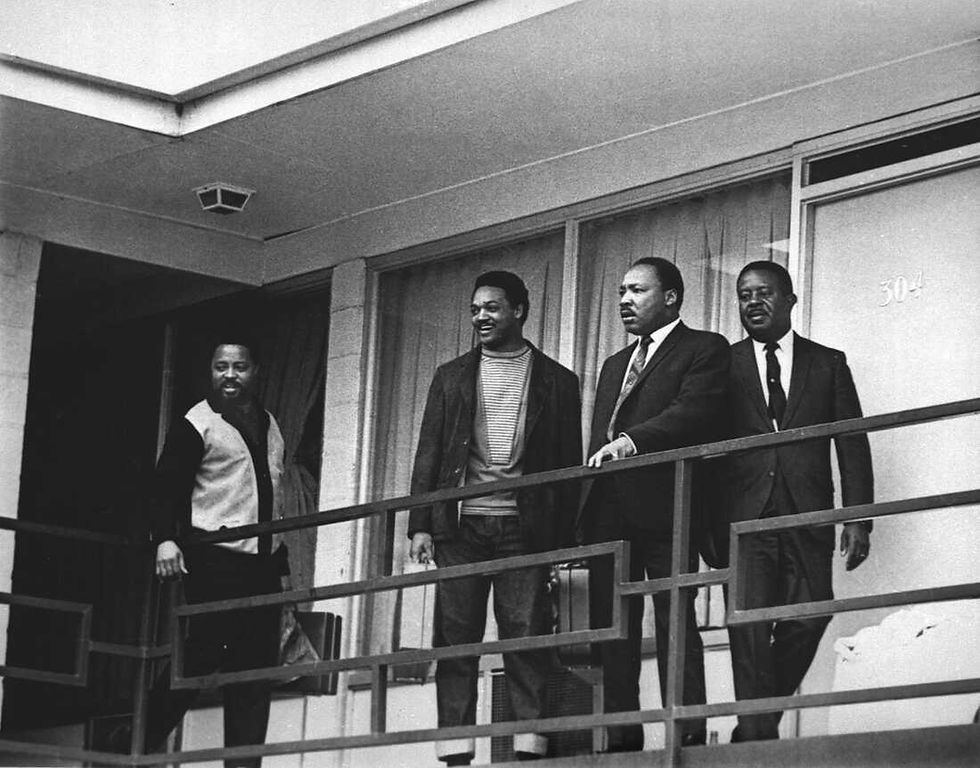Rabbi’s Update 1/17/2024
- rabbi423
- Jan 17, 2024
- 3 min read
Dear Friends:
When I began my rabbinical studies, I had a good background in Hebrew (from having spent a college year in Israel) and in both Bible and philosophy (from my college studies at Georgetown) but I didn't really know that much about traditional Jewish practice. One of our first year courses was designed to make us familiar with some of the more common rules and concepts that as rabbis-in-training, we might be expected to know -- since as early as our second year, we would be sent out to serve as student rabbis in small congregations.
My teacher and later dear friend Rabbi Ben Hollander z”l was teaching us about the concept of aninut and the status of being an onen. An onen (a person in aninut) is someone who has lost a parent, spouse, child or sibling but has not yet buried them. During this period, Rabbi Hollander explained, one is "exempt from all the mitzvot." So in all innocence I responded "then that would be a good time to run out and get a cheeseburger." After recovering from his shock, Rabbi Hollander said "let me amend what I said. An onen is exempt from all the positive mitzvot," meaning, that he or she is not obligated to perform the "thou shalts"(tefillin, prayer at fixed times, etc.) but still has to follow the "thou shalt nots" (not eating unkosher food, refraining from work on Shabbat.)
Many years later when I was the rabbi in York, Pa., a congregant passed away and his two brothers came to minyan that evening, before the funeral. It was our practice to wait for a minyan and phone people who lived near the shul if we were one or two short. Someone looked around the room and said to me "Rabbi, we have a minyan, let's start" and I responded that we did not have a minyan, that Dave and Lew don't count. Everyone looked at me in astonishment, because they, too, had not been taught about the concept of aninut.
In Judaism, rights and obligations go hand-in-hand. Why does a child under the age of 13 not count in a minyan? Because they are not obligated to pray. This is also the reason we do not count Gentiles for a minyan, or why Orthodox congregations do not count women. While arguably children, women and non-Jews are obligated to pray to God, they are not obligated to say the formal liturgy at a set time. If you are not obligated, you aren't part of the minyan. And since an onen isn't obligated to pray (since their one and only obligation is to prepare for the burial), should they nevertheless show up for services, they cannot be counted towards the minyan. In practical terms, this means that if you suffer the loss of a loved one for whom you are obligated to sit shiva, one does not begin saying Kaddish and one should not attend minyan until after the funeral. There are exceptions if the burial is going to be delayed for a long time, so if you have any questions please contact me.
As a reminder, I am having drop-in hours on Thursday afternoons from 2 to 4 at the shul. You do not need to make an appointment -- that would negate the whole point of drop-in hours -- but I’d urge you to check and make sure I am there regardless as sometimes there are unavoidable pastoral or other emergencies which might take me away from the building.
As always, if I can do anything for you or you need to talk, please contact me at rabbi@kehilatshalom.org or 301-977-0768 rather than through the synagogue office. I am happy to meet you at the synagogue by appointment. I have been spending more time in the synagogue recently but if you want to speak with me it’s best to make an appointment rather than assuming I will be there when you stop by.
Additionally, if you know of a Kehilat Shalom congregant who could use a phone call, please let me know.
L’shalom,
Rabbi Charles L. Arian




Comments